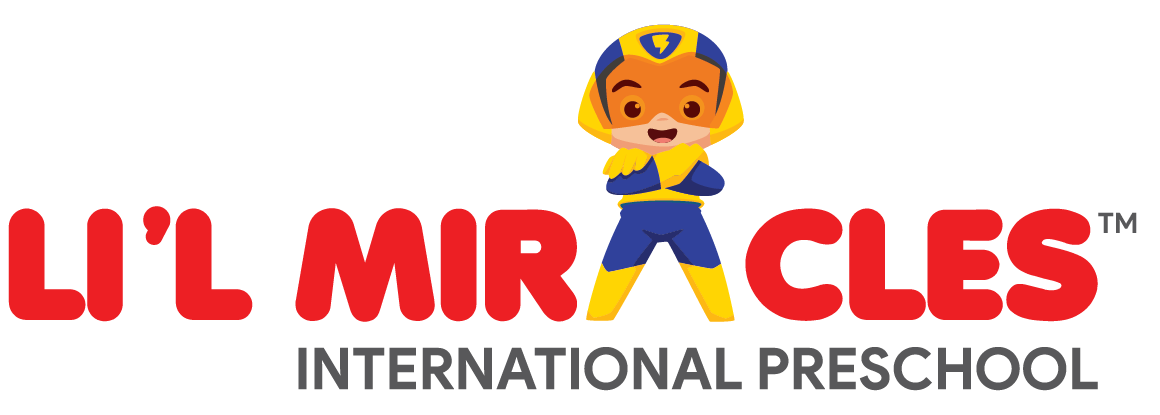Parenting is one of the most rewarding yet challenging roles in life. As parents, we all strive to raise our children in the best possible way, but the journey can often feel overwhelming. Understanding different parenting styles can offer valuable insights into our own parenting approaches and help us nurture our children more effectively.
In this blog, we’ll explore the concept of parenting styles, their characteristics, and how they impact children’s development.
What Are Parenting Styles?
Parenting styles refer to the strategies, methods, and attitudes that parents use when raising their children. These styles are typically classified into four main categories: Authoritative, Authoritarian, Permissive, and Uninvolved. Each style is characterized by different levels of responsiveness (the degree of warmth and supportiveness a parent provides) and demandingness (the degree of control and expectations a parent has).
The Four Parenting Styles
- Authoritative Parenting
- Authoritarian Parenting
- Permissive Parenting
- Uninvolved Parenting
Characteristics:
High responsiveness and high demandingness.
Parents are warm, nurturing, and supportive but also set clear boundaries and expectations.
Encourages open communication, allowing children to express their opinions and feelings.
Impact on Children:
Children tend to develop strong social skills, self-discipline, and high self-esteem.
They are often independent, confident, and perform well academically.
Example:
Imagine a parent who sets rules for their child but also listens to the child’s perspective. They explain why certain rules exist and are open to negotiating within reason.
Characteristics:
Low responsiveness and high demandingness.
Parents are strict, controlling, and often expect obedience without question.
Communication is mostly one-way, from parent to child, with little room for dialogue.
Impact on Children:
Children may become obedient and proficient in following rules but may struggle with self-esteem and social skills.
They might also develop a fear of authority figures or become overly dependent on them.
Example:
A parent who enforces strict rules without explaining the reasoning behind them and expects immediate compliance without any discussion.
Characteristics:
High responsiveness and low demandingness.
Parents are indulgent, lenient, and avoid setting firm boundaries.
They tend to act more like a friend than a parent, allowing children significant freedom.
Impact on Children:
Children might struggle with self-discipline and authority, as they are used to getting their way.
They may exhibit poor academic performance and may have issues with authority in other areas of life.
Example:
A parent who lets their child stay up late on a school night or eat whatever they want without setting any limits.
Characteristics:
Low responsiveness and low demandingness.
Parents are detached, indifferent, and minimally involved in their children’s lives.
There is little communication, guidance, or emotional support provided.
Impact on Children:
Children often feel neglected and may develop low self-esteem, poor academic performance, and behavioral issues.
They may struggle with forming healthy relationships and lack the necessary guidance to navigate life challenges.
Example:
A parent who is largely absent, both physically and emotionally, from their child’s life, providing only basic needs like food and shelter.
Finding Your Parenting Style
Most parents do not fit perfectly into one category; instead, they may exhibit characteristics of multiple styles. The goal is to recognize where you stand and understand how your approach affects your child’s development.
Why Is This Important?
Understanding your parenting style can help you:
Identify areas where you might want to adjust your approach.
Enhance your relationship with your child.
Foster a positive environment that supports your child’s emotional, social, and cognitive development.
Parenting is a continuous learning process, and there is no one-size-fits-all approach. By understanding the different styles of parenting, you can reflect on your practices and make informed decisions that best suit your child’s needs. Remember, the most effective parenting style combines warmth and support with appropriate expectations and boundaries.
As you navigate the beautiful yet complex journey of parenting, stay open to learning, growing, and adapting to the ever-changing needs of your child. Your love, patience, and understanding will guide you along the way.
Riitu Sharma,
Co-Founder
Li’l Miracles International Preschool




